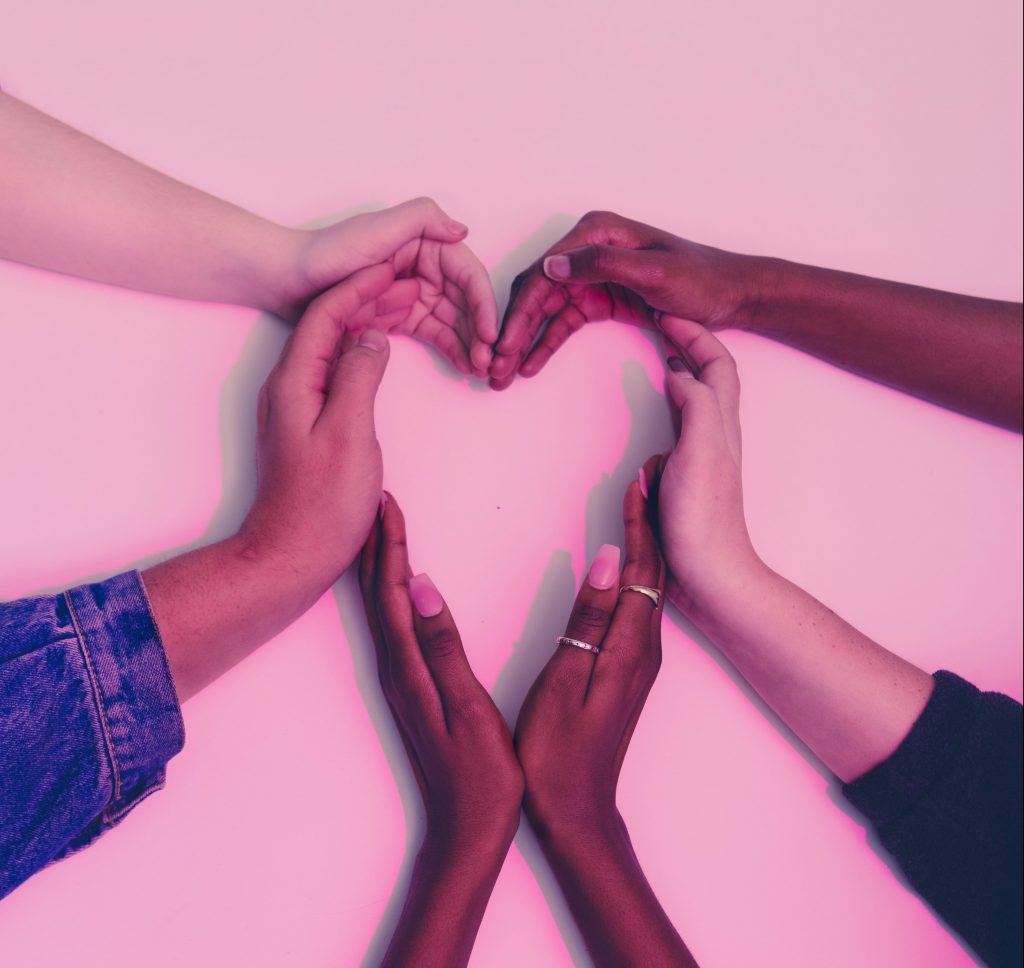How Communities Can Better Address Racism and Racial Equity

At the end of May, I facilitated a half-day intensive on Racism and Racial Equity in Portland at the National Cohousing Conference. While cohousing communities are overwhelmingly white, I see more and more people in the communities movement recognizing the need to address racism. In our conference session, we discussed the history of racism in the U.S., and how racism currently functions to impose unequal outcomes and burdens on people of color across different social systems, including criminal justice, health, education, and household wealth. We also practiced tools for communication, connection, and self-care. Examining racism is difficult and raises deep wounds and complex feelings. Yet in spite of these challenges, people are hungry to learn about racism, and are seeking strategies for addressing racism in their home communities. Here are some suggestions for communities as they begin to work on racism and racial equity:
- Name it: acknowledge that racism is real, and that white people and white communities benefit from it.
- Take Responsibility for Self-Education: study, learn, train, and cultivate group resources and a shared vocabulary for having discussions about racism.
- Expand Community Values to include Racial Equity: listing “Diversity” as a core value is not enough–shift the group’s focus from “Diversity” to addressing racism and working for racial equity.
- Recognize the connections between Sustainability and Social Justice: racial equity and social justice work is an important component of building sustainable communities.
- Create a Cooperative Culture: racism and White Supremacy Culture are built upon domination, hierarchy, aggression, and exploitation—by creating a more collaborative group culture and a culture of care, you are creating an alternative to White Supremacy Culture.
- Network: build relationships with groups led by people of color and with organizations working for racial equity in your region, and support racial equity work even if the ethnic composition of your own group remains mostly white.
- Expect Avoidance, Denial, and Resistance: white people don’t typically
change easily or quickly when called upon to address racism, so practice
patience and good self-care while persisting in bringing up racism and racial equity as important topics for the group. - Grieve the Painful Legacy and Ongoing Reality of Racism: I’ve found that
grieving is an essential part of my journey as a white man attempting to
understand and address the racism in me and in my community. Attend to
grief and other emotions that arise as we address the history and current
painful reality of racism. - Think Creatively about Inclusion and Reparations: move beyond tokenism and address the inequities that undermine the integration and welcoming of people of color in intentional communities.
- Commit to Healing and Growth over the long haul: this is difficult and painful work, and groups need to cultivate tools for self-care, mutual support, growth, and healing along the way.
Category: Diversity
Tags: Diversity, race equality, racism
Views: 1570

